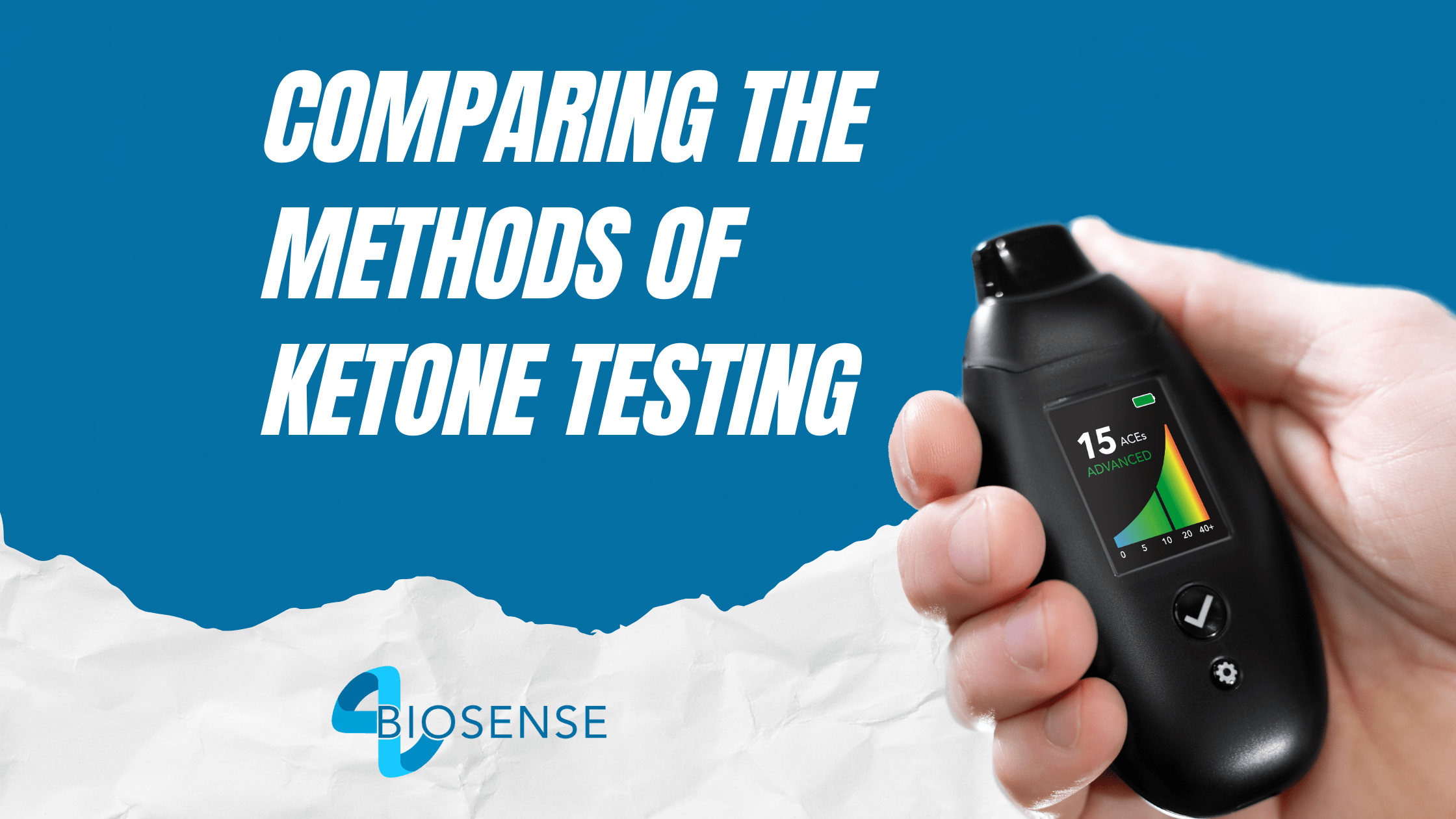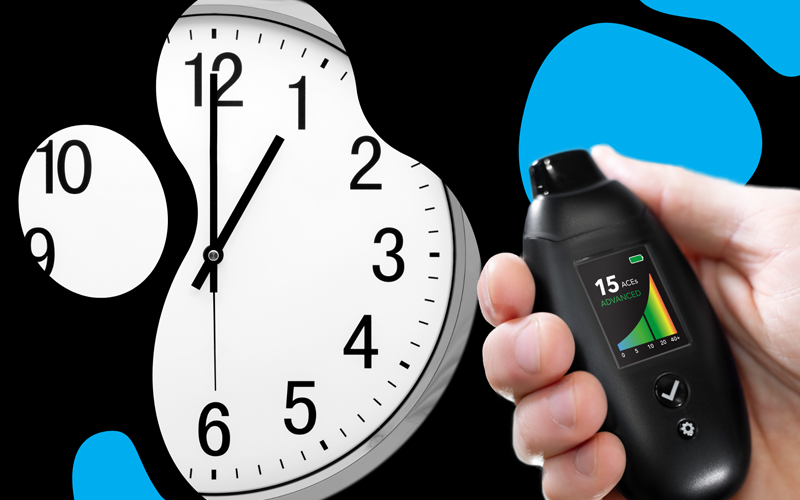Article authored by Readout Health with editorial oversight from Chief Medical Officer, Naomi Parrella, M.D.
Low carb diets are associated with a variety of benefits for both the body and mind, like reduced appetite, lower inflammation, and improved cognitive performance. But did you know reducing carbs may also boost heart health?
When you reduce the amount of carbs that you eat, your body begins to break down fats instead of using glucose from dietary carbohydrates to provide energy for the body. This process is called ketosis, and the breakdown of fats create what are called ketone bodies. Mounting evidence reveals that these ketone bodies may be protective of the heart, particularly helping to improve heart function for people with cardiovascular disease.
How Limiting Carbs Keeps Your Heart Healthy
Reducing carbs in the diet can benefit the heart in three distinct ways.
May lead to weight loss
Maintaining a healthy body weight is good for the heart. Excess body weight puts a strain on the heart and may lead to increased inflammation, which can damage blood vessels.
There are a few ways that restricting carbs can lead to a drop on the scale. Compared to low-fat diets that are high in carbs, carb-restricted diets are shown to result in greater weight loss, and that’s thanks in part to the excess water loss that occurs early on. When carb intake is reduced, glycogen stores in the muscles are also reduced. Glycogen retains water, so when glycogen levels decrease, water also decreases. The use of ketones for energy is also known for suppressing appetite and promoting bodily heat production, both of which also contribute to losing weight.
May drop triglycerides
Triglycerides are the fats that are carried in the blood from the foods we eat. Specifically, refined carbohydrates, sugar, alcohol, and extra calories are converted into triglycerides and can be stored in fat cells around the body. When blood contains too many triglycerides along with low HDL cholesterol, the risk of heart disease and stroke rises.
A large 2019 review of randomly controlled trials that compared the health outcomes of various diets found that those diets that restricted carbs, particularly refined carbs, were associated with lowered triglycerides, with a reduction ranging from 7.09 mg/dL to 29.2 mg/dL. Another study showed that for every 1% of calories from carbs that replaces the same amount from saturated fat, triglycerides are raised by 1 mg/dL.
May help keep blood sugar under control
Lightening the carb load may also help to keep blood sugars within a normal range. This is especially helpful for people managing type 2 diabetes who must closely monitor their blood sugar levels. A review of 25 studies that followed HbA1c, a marker of the average blood sugar level for the past three months, for people following a low carb (50g to 130g of carbs per day) diet showed a decrease in HbA1c of 0.49% within six months.
Maintaining healthy blood sugar levels is not only essential for those with diabetes. It is just as important for anyone who wants to manage weight. This makes sense when you understand the relationship between eating carbs and insulin.
During digestion, the carbs in your food get broken down into glucose, a type of sugar in the blood that the body relies on for fuel to function. When excess carbs are consumed in the diet, blood sugar levels rise. To protect the body from dangerously high blood sugars, the pancreas pumps out insulin. This brings down the sugars in the blood. Insulin also then activates the storage of any extra glucose in the muscles, the liver, and fat cells. Glucose that can’t be stored in the liver or muscle get stored in the more easily expandable fat cells – leading to weight gain. This is why reducing carbs, and eliminating the resultant spikes in blood sugar and insulin, is so effective for losing weight.



